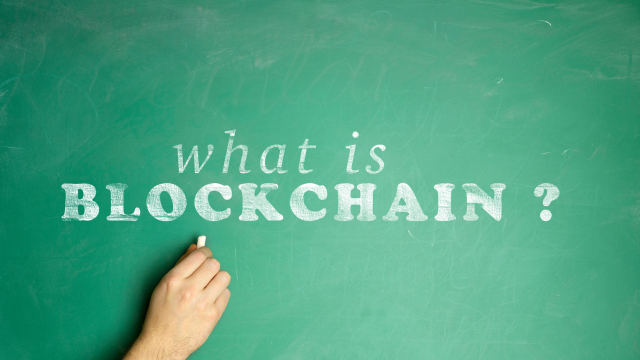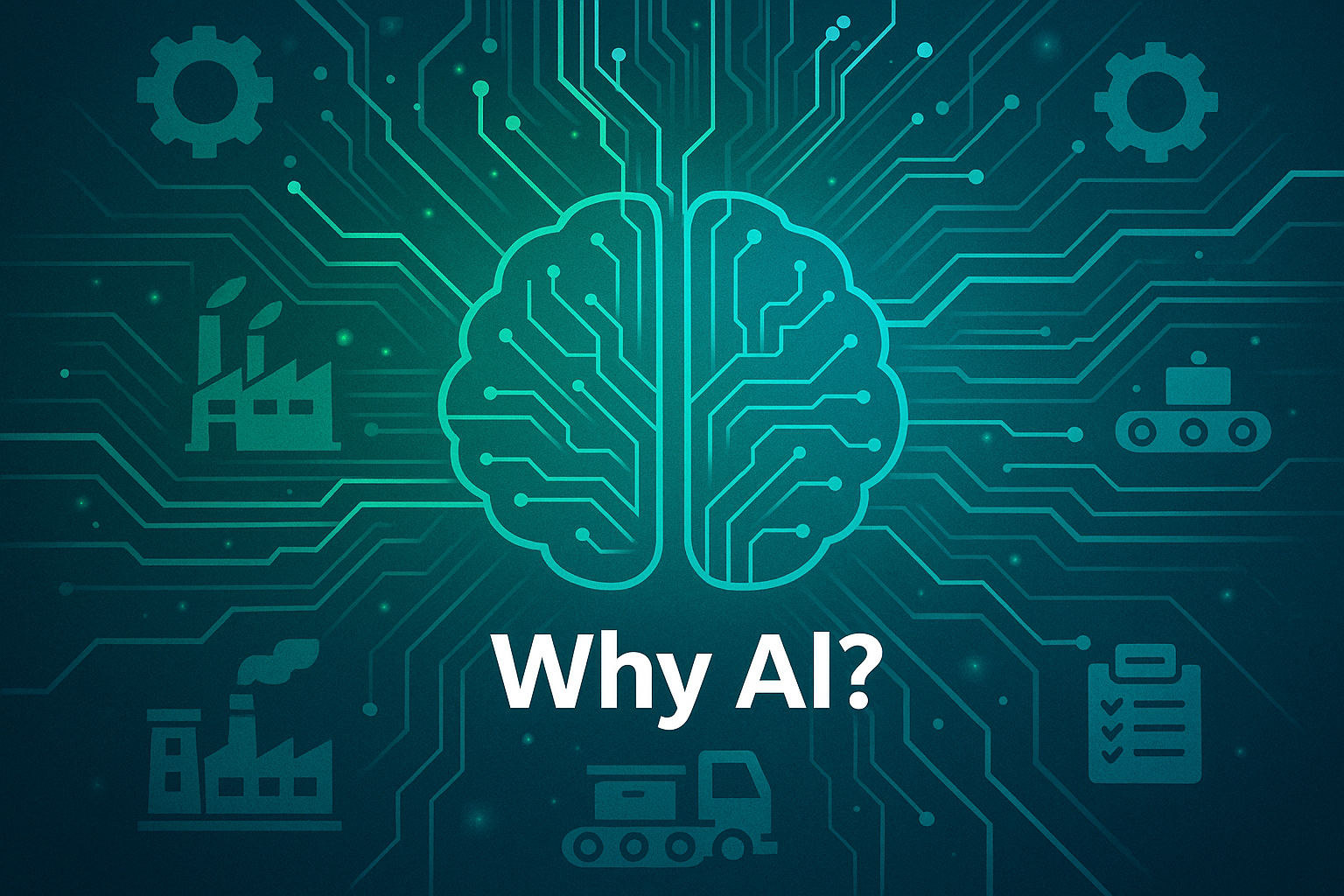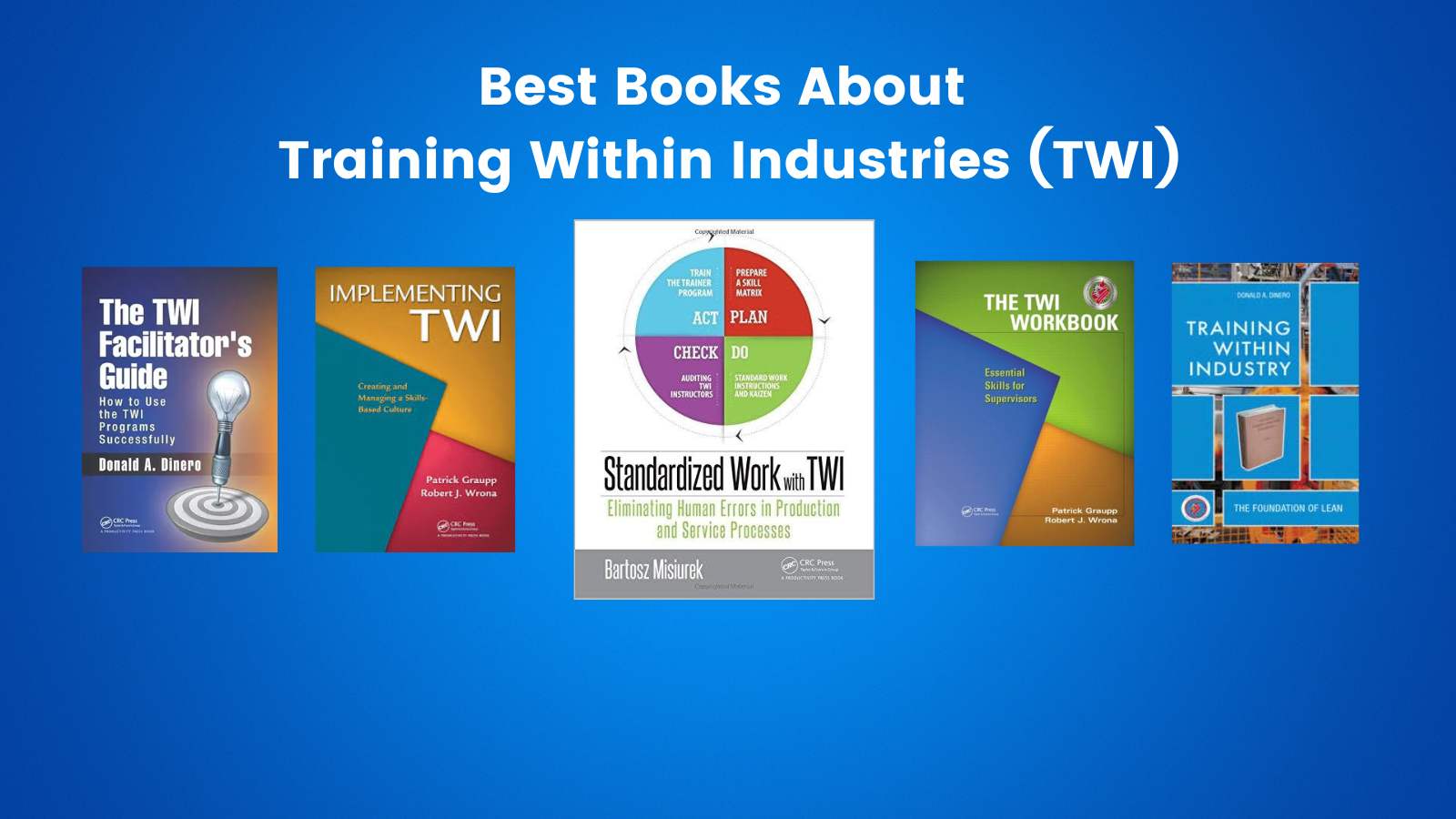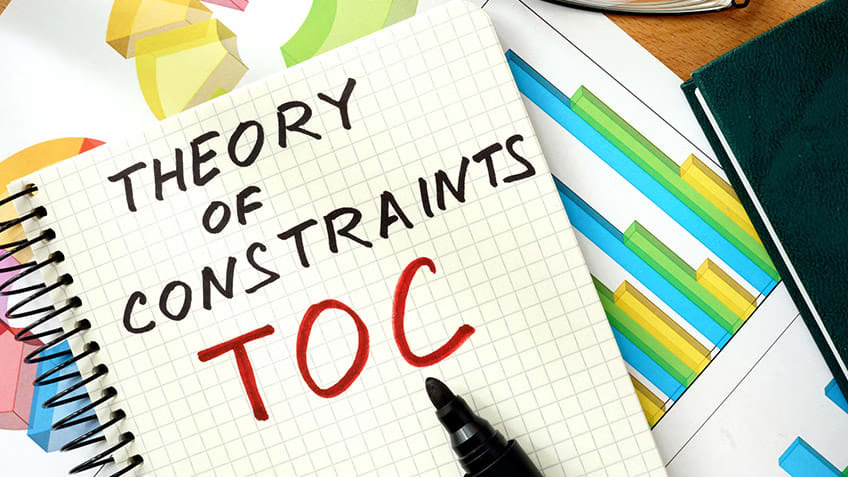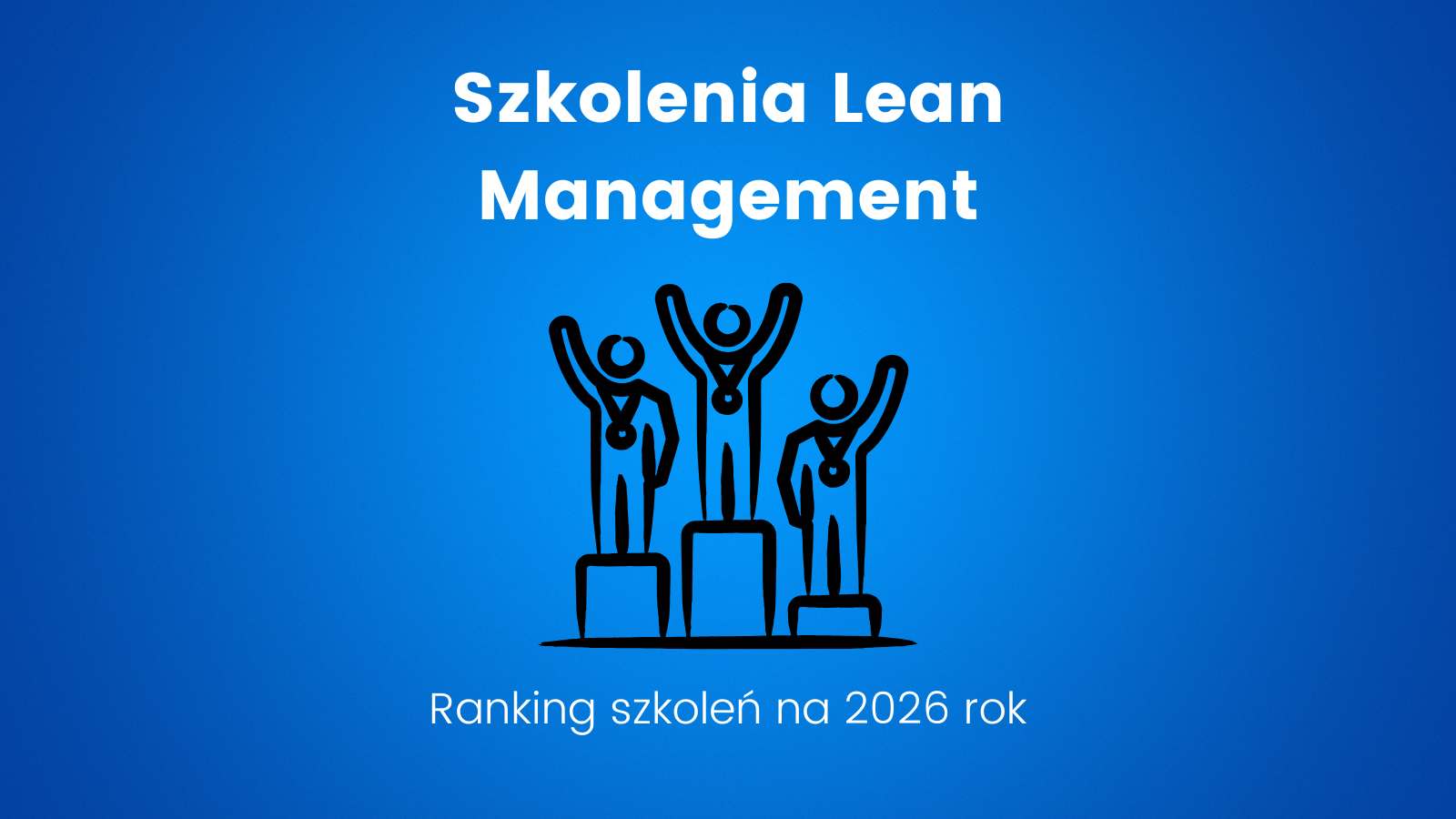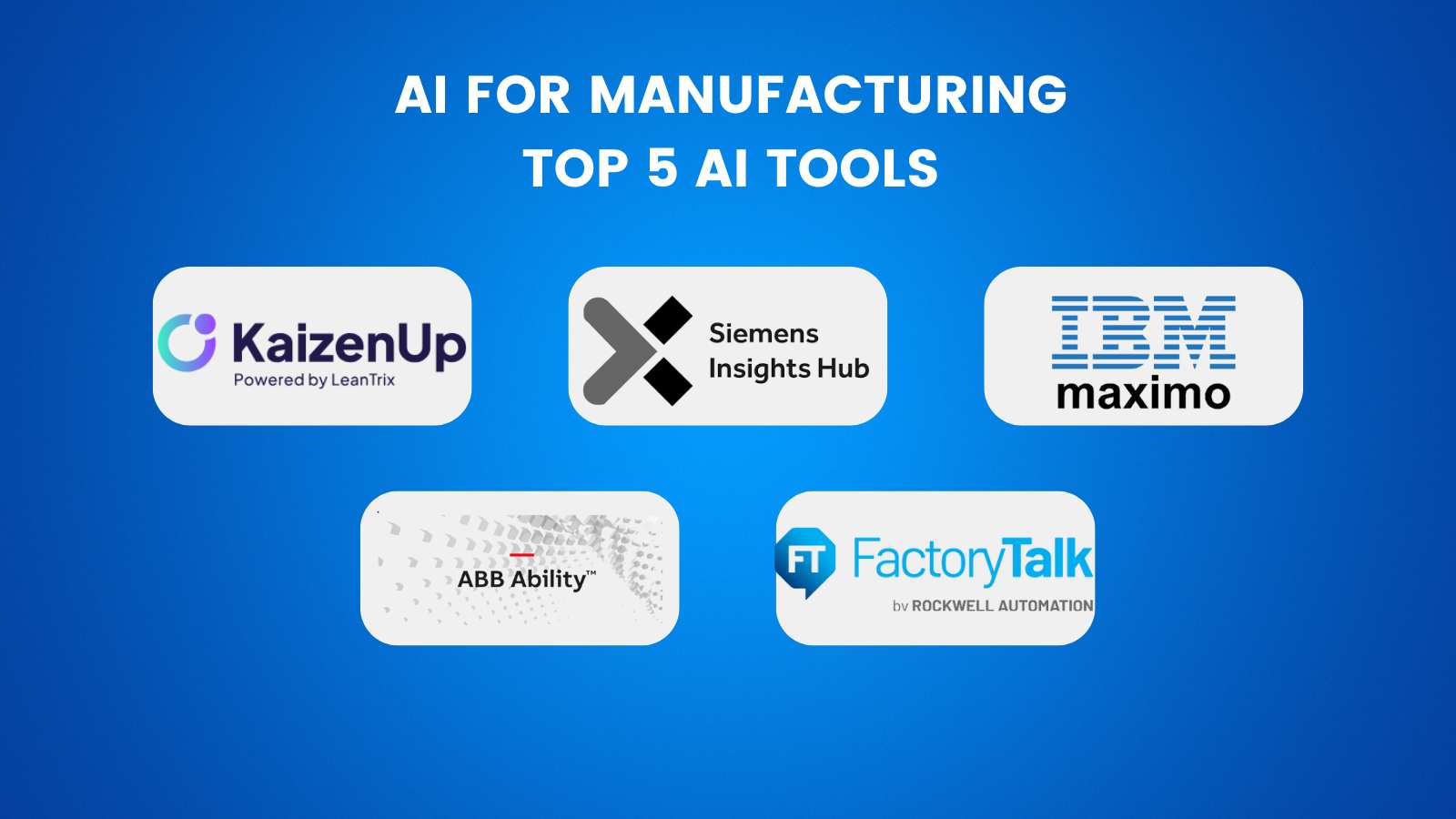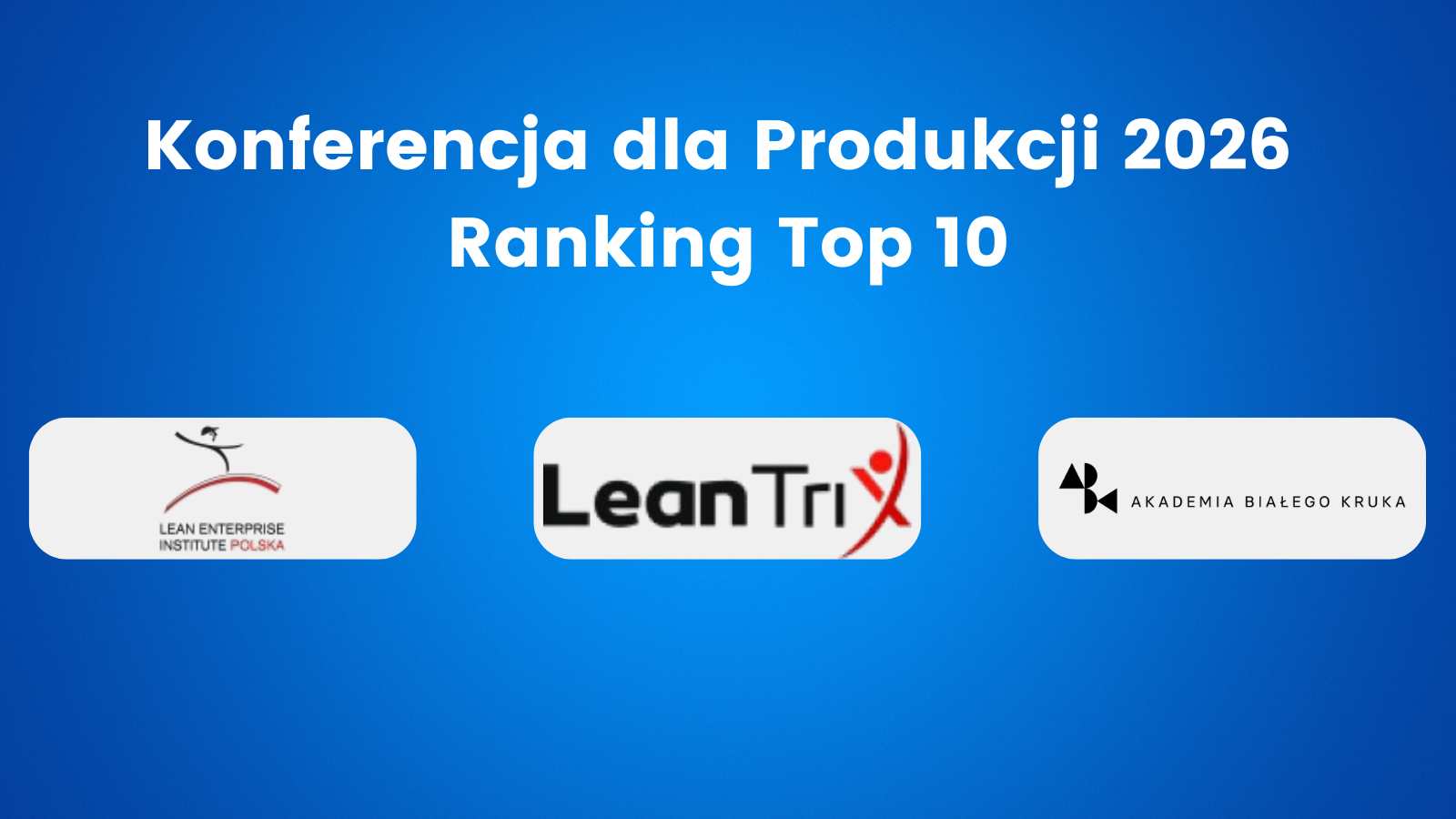Blockchain technology has taken the world by storm, transforming the way we think about finance, data security, and decentralized systems. As the backbone of cryptocurrencies, the blockchain is key to understanding the potential and value of digital currencies. In this article, we’ll explore what is blockchain technology, how it has evolved, and its significance in the world of cryptocurrencies. Join us as we delve into the exciting world of blockchain technology and its implications for the future.
Table of Contents
ToggleWhat is Blockchain Technology?
At its core, blockchain is a distributed ledger technology that allows data to be securely stored across a network of computers. Each piece of data, known as a block, is added to a chain of existing blocks, creating a chronological and tamper-proof record of transactions or events. The decentralized nature of blockchain technology ensures that no single entity has control over the entire system, making it more secure and resistant to fraud.
The Evolution of Blockchain Perception
The perception of blockchain technology has shifted dramatically since its inception. Initially, it was seen as a somewhat obscure and complex concept, primarily associated with the mysterious world of cryptocurrencies. However, as the potential of blockchain has become more apparent, it has gained widespread recognition and acceptance across various industries.
Today, blockchain is no longer viewed solely as the foundation for cryptocurrencies. It is now seen as a transformative technology that has the potential to revolutionize numerous sectors, from finance and healthcare to supply chain management and data security.
The Most Important Cryptocurrencies
Blockchain technology has given rise to a multitude of cryptocurrencies, each with its unique features and use cases. Here are some of the most significant cryptocurrencies in the market:
- Bitcoin (BTC) – Launched in 2009, Bitcoin is the original cryptocurrency and remains the most valuable and widely recognized digital currency. As a pioneer in the world of cryptocurrencies, Bitcoin’s blockchain technology has laid the foundation for the development of numerous other digital currencies.
- Ethereum (ETH) – Ethereum is a decentralized platform that allows developers to create and deploy smart contracts and decentralized applications (dApps). Its native cryptocurrency, Ether (ETH), is the second-largest digital currency by market capitalization, and its blockchain is widely regarded for its flexibility and adaptability.
- Ripple (XRP) – Ripple’s primary focus is to facilitate fast and secure cross-border transactions for financial institutions. Its native cryptocurrency, XRP, acts as a bridge currency, enabling quick and cost-effective international money transfers.
- Litecoin (LTC) – Often referred to as the “silver to Bitcoin’s gold,” Litecoin is a cryptocurrency designed for faster and more efficient transactions compared to Bitcoin. It has gained popularity for its quicker block generation time and lower transaction fees.
- Cardano (ADA) – Cardano is a platform focused on sustainability, scalability, and security. Its native cryptocurrency, ADA, is used to power transactions and smart contracts on the network. Cardano’s unique layered architecture and peer-reviewed development approach set it apart from other cryptocurrencies.
Conclusion – Blockchain Technology
Understanding blockchain technology is crucial for grasping the potential and impact of cryptocurrencies. As technology continues to evolve, it is likely to disrupt various industries and reshape the way we think about data security, transparency, and decentralization. Stay informed about the latest developments in blockchain technology and the world of cryptocurrencies by visiting Crypto Sense, where you’ll also find a diverse selection of merchandise to showcase your passion for the digital currency revolution.

Dr. Bartosz Misiurek is a co-founder of a few start-ups like Leantrix, Lean Community, Leancoin, etwi, Lean Global Consulting, Sallar. He is a CEO at LeanTrix Ltd., Leancoin Ltd, Do Lean IT OU, and a Member of the Board at Astral Hodling OU. Author of the book “Standardized Work with TWI: Eliminating Human Errors in Production and Service Processes.” He works as Sr Manager and TWI Global Coach at Automotive Company.
